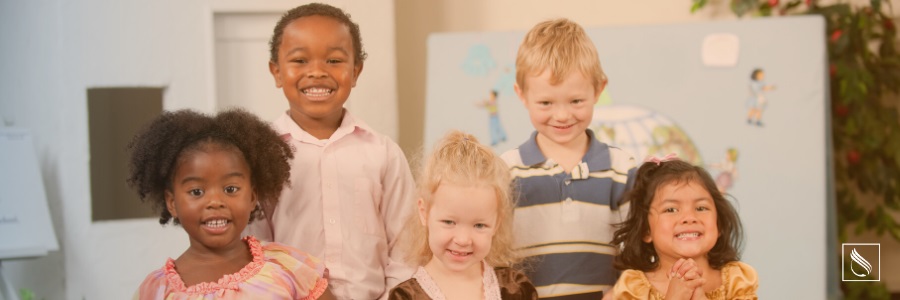As I write this article, I can’t help but think of the proverb that says, “It takes a village to raise a child.” According to Wikipedia, this African proverb means the entire community “must interact with children for those children to experience and grow in a safe and healthy environment.” In other words, the villagers help take care of the children.”
Each culture translates this proverb a little differently. The two that I particularly appreciate are:- In Lunyoro (Bunyoro), there is a proverb that says, “Omwana takulila nju emoi.” The literal translation is, “A child does not grow up only in a single home.”
- In Kihaya (Bahaya), there is a saying, “Omwana taba womoi.” In English this means, “A child belongs not to one parent or home.”
How can the church best serve the needs of all families by helping parents raise their children? What are the roles of parents and of the church as part of the spiritual “village?”
Roles and Resources
As parents, our first responsibility is teaching our children about Jesus. While the church can help, prioritizing our children’s spiritual life starts in the home. On page 515 in Desire of Ages, we read, “Children need to be educated in spiritual things, and parents should give them every advantage, that they may form characters after the similitude of the character of Christ.”Parents must also remember that their responsibility does not stop when they enter the church. They should never assume that they can let “someone else take care of their kids.” Parents should always know where their child is and know who is with them. Even in the church, predators come in many shapes and sizes, and constant vigilance is necessary.
The church also has a role and should take its responsibility for protecting children seriously. Speaking of the president’s responsibility for signing laws, United States President Harry Truman famously said, “The buck stops here.” For the pastor and church board, the “buck” stops with them when it comes to providing a safe environment for the children in its care.
This begins with providing proper supervision, from the Sabbath School room to youth outings, and everything in between. A good practice to follow is to have two adults supervising in every situation. However, some activities with more risk require a higher ratio of adults. You can learn how to provide 100 percent supervision by reading ARM’s youth supervision guidelines.
Some Practical Tips to Consider
- Create a Check-In/Check-out Policy that includes:
- Trained Staff
- Drop-off and Pick-up Point(s)
- Permissions, Emergency Contact Information, and Authorized Audits
- Defined Check-in/Check-out Method
- Emergency Response Plan
- Create a proactive Child Protection Plan and learn the four P’s of child abuse prevention:
- Premises Review
- Personnel Administration
- Protecting Children
- Program Review
Aditional Resources:
- Appropriate Touch Guidelines
- End It Now - North American Division campaign to help break the cycle of abuse
Don't blame the church, take responsability - by Kegan Mosier | Sep 4, 2015 | Cornerstone Christian Counseling - https://christiancounselingco.com/dont-blame-the-church-take-responsibility/
Image credits: iStock/FatCamera


